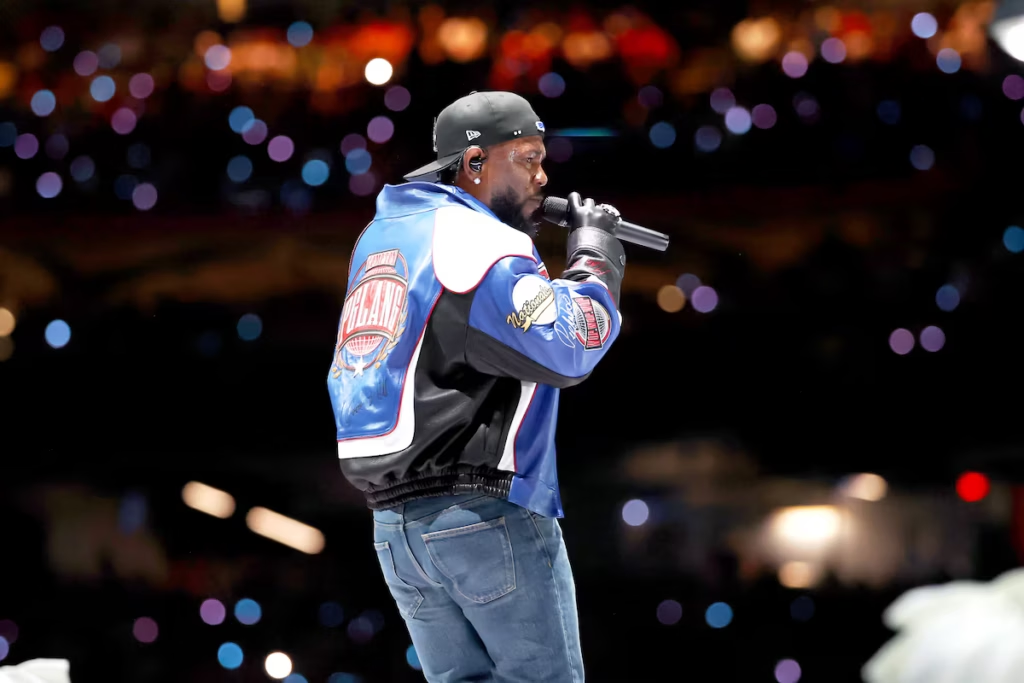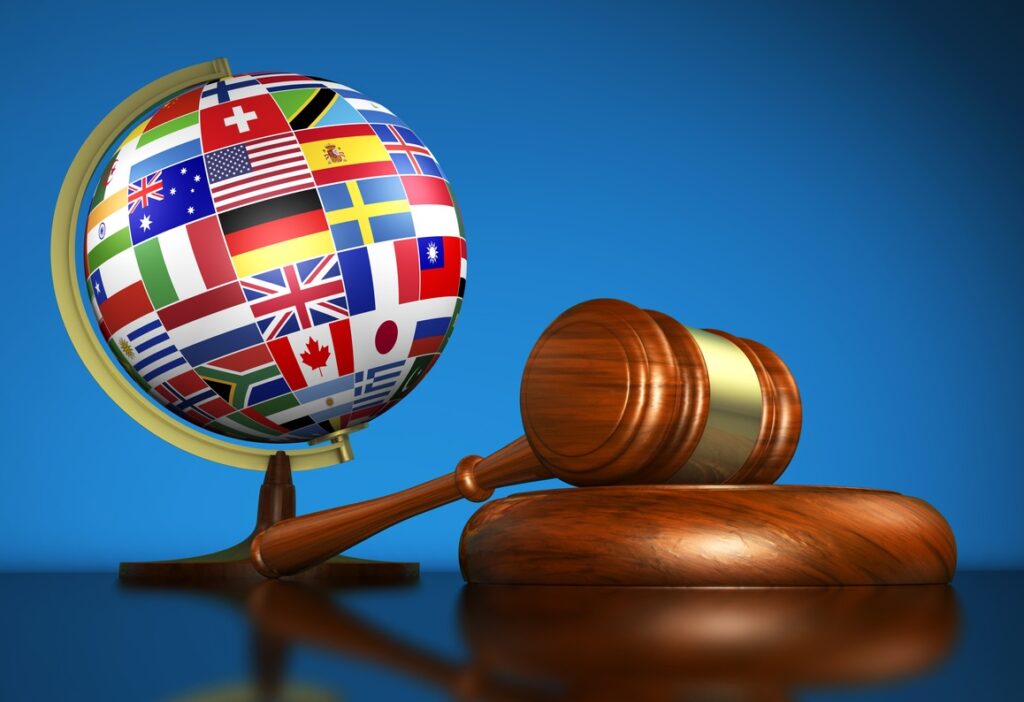In recent weeks, the lawsuit between rap artists Drake and Kendrick Lamar has sparked headlines and drawn attention to issues surrounding free speech and defamation.
At the heart of the case is a claim against record producers, with allegations relating to the interpretation of lyrics in Kendrick Lamar’s music. This lawsuit presents a unique opportunity to explore the evolving challenges that arise when artists’ expressions collide with the law.
What do song lyrics really mean?
The lawsuit raises the question of, ‘what exactly do song lyrics mean?’ It’s a classic battle between artistic expression and the potential harm caused by misinterpretation. In the case of rap music, this question becomes even more contentious, as the genre often thrives on metaphor, double entendre, and symbolic language. In this case, cultural norms and meanings prevalent within the rap industry will play a significant role in determining how these lyrics should be interpreted.
The context matters
One of the key factors in this case is the context in which the lyrics were written and performed. Unlike traditional written texts, the meaning of song lyrics can be fluid and open to multiple interpretations, especially in a genre like rap where the lines between personal expression and artistic hyperbole can often blur.
The context in which the lyrics are delivered—such as during a performance or in a particular cultural or social climate—becomes crucial in understanding their meaning. The court will likely delve into this aspect, as it sets the stage for whether the lyrics can be construed as defamatory or simply as the creative output of an artist.
Defamation and criminality
The core accusation in the lawsuit seems to focus on an allegation of criminal behaviour, with some lyrics allegedly implying that an individual is a “criminal paedophile.” This is no small claim, and it raises serious legal questions. The defamatory nature of the lyrics could be tested in court, where the burden will be on the accuser to show that the words caused harm to their reputation and were factually inaccurate. In some legal systems, such as the United States, the plaintiff must also demonstrate actual malice or reckless disregard for the truth; whereas in England the motivation for publication can be irrelevant.
In contrast to the UK’s defamation laws, where damages are typically awarded based on the severity of the harm caused to a person’s reputation, the US legal system operates under a different framework, often allowing for larger financial damages.
For example the recent defamation case involving Jean Carroll and Donald Trump, saw a jury award Carroll significant damages many multiples more than English law allows. This raises the question of whether the harm caused by lyrics, if found to be defamatory, could lead to similar outcomes in terms of financial compensation.
Censorship and public perception
It’s interesting to note that Kendrick Lamar censored his lyrics during the Super Bowl halftime show, a decision that aligns with the NFL’s interest in avoiding public backlash or legal ramifications. The NFL, as a prominent entertainment platform, is particularly sensitive to potential defamation claims, and its move to censor potentially offensive content reflects a growing trend towards protecting brands from reputational harm. The incident serves as a reminder of the growing scrutiny that artists face when their work is shared in mainstream, highly public forums.
In the UK, we could see a similar situation unfold. The risk of legal action over offensive lyrics or artistic content is increasingly prevalent, as the boundary between art and harm becomes more difficult to define. Much like the NFL, public-facing institutions and broadcasters may find themselves caught between promoting freedom of expression and avoiding potential legal claims.
The growing landscape of defamation in music
As artists continue to explore new ways to express themselves, it’s clear that the legal landscape surrounding defamation, particularly in music, will only continue to grow. The Drake and Kendrick Lamar case serves as a cautionary tale for both artists and producers alike. Musicians pushing the boundaries of their art must be aware of the legal risks they face, especially when lyrics cross into territory that could be seen as harmful or defamatory.
The intersection of law, art, and culture is increasingly complicated, and this case is just one example of how courts will need to balance the freedom of expression with the protection of individuals’ reputations. As this case unfolds, it will undoubtedly set precedents that will shape the future of defamation claims in the music industry and beyond.






